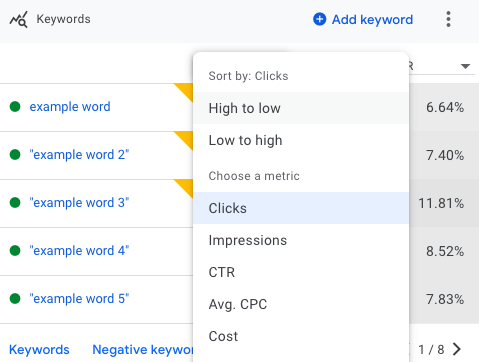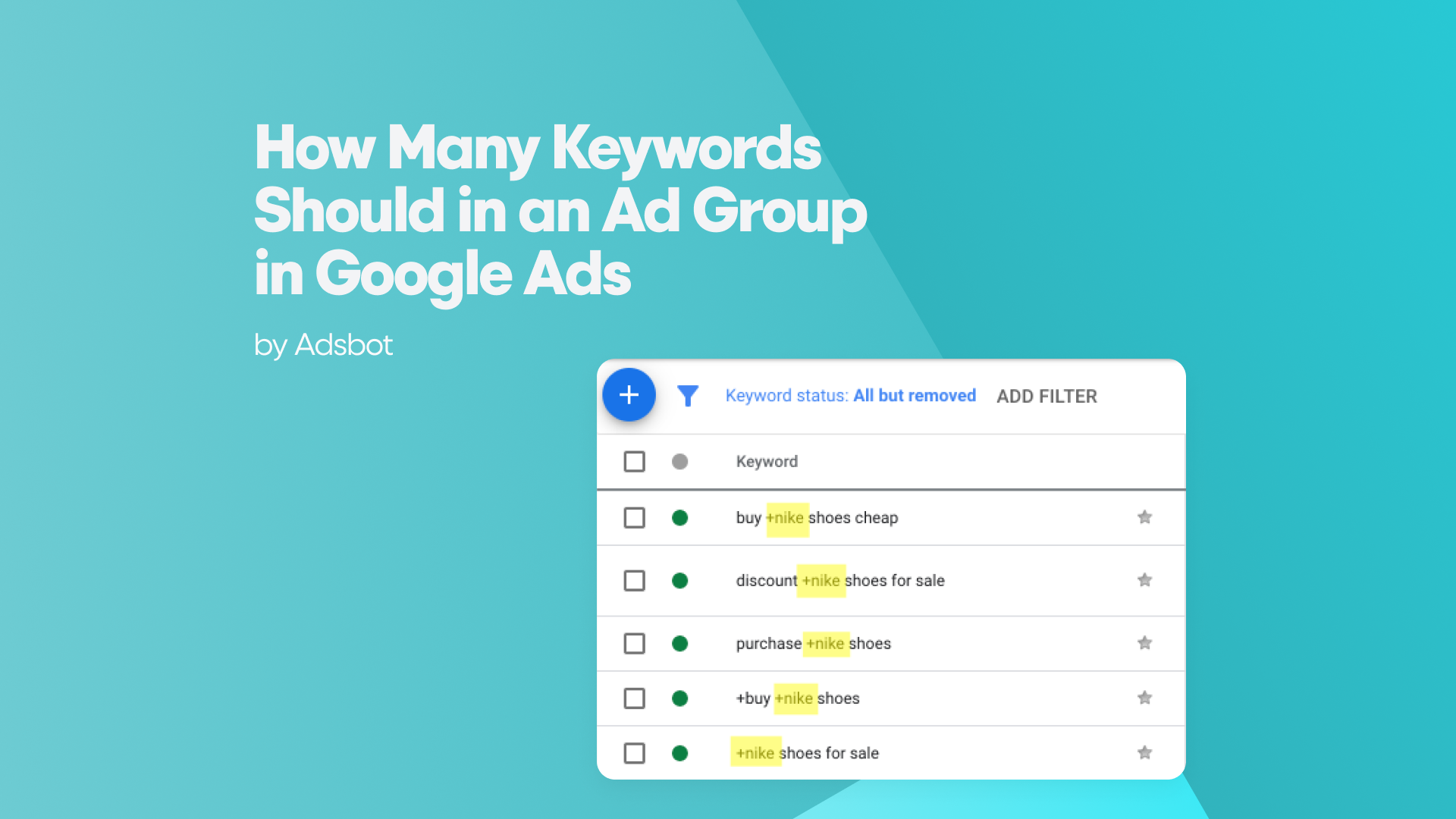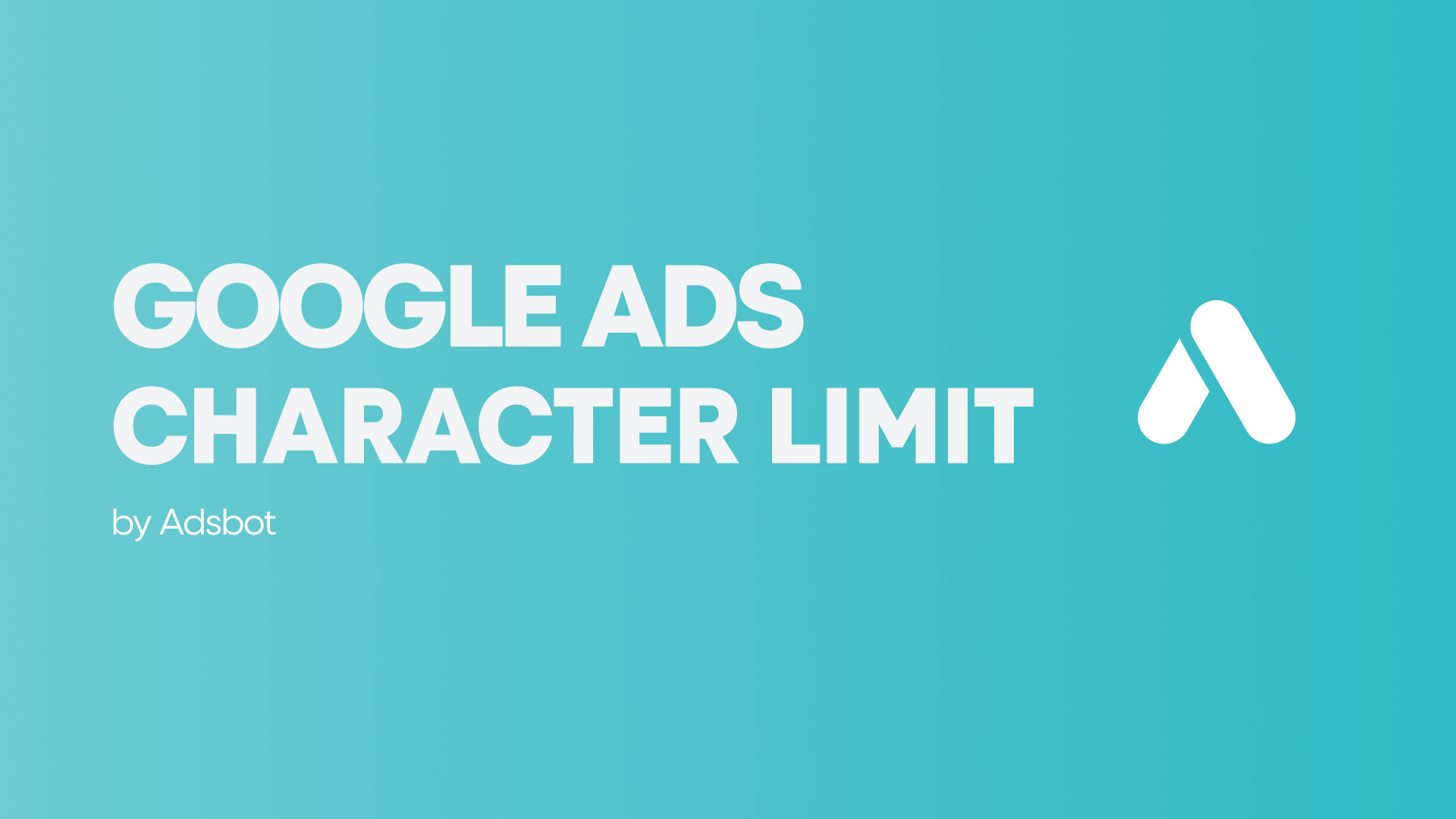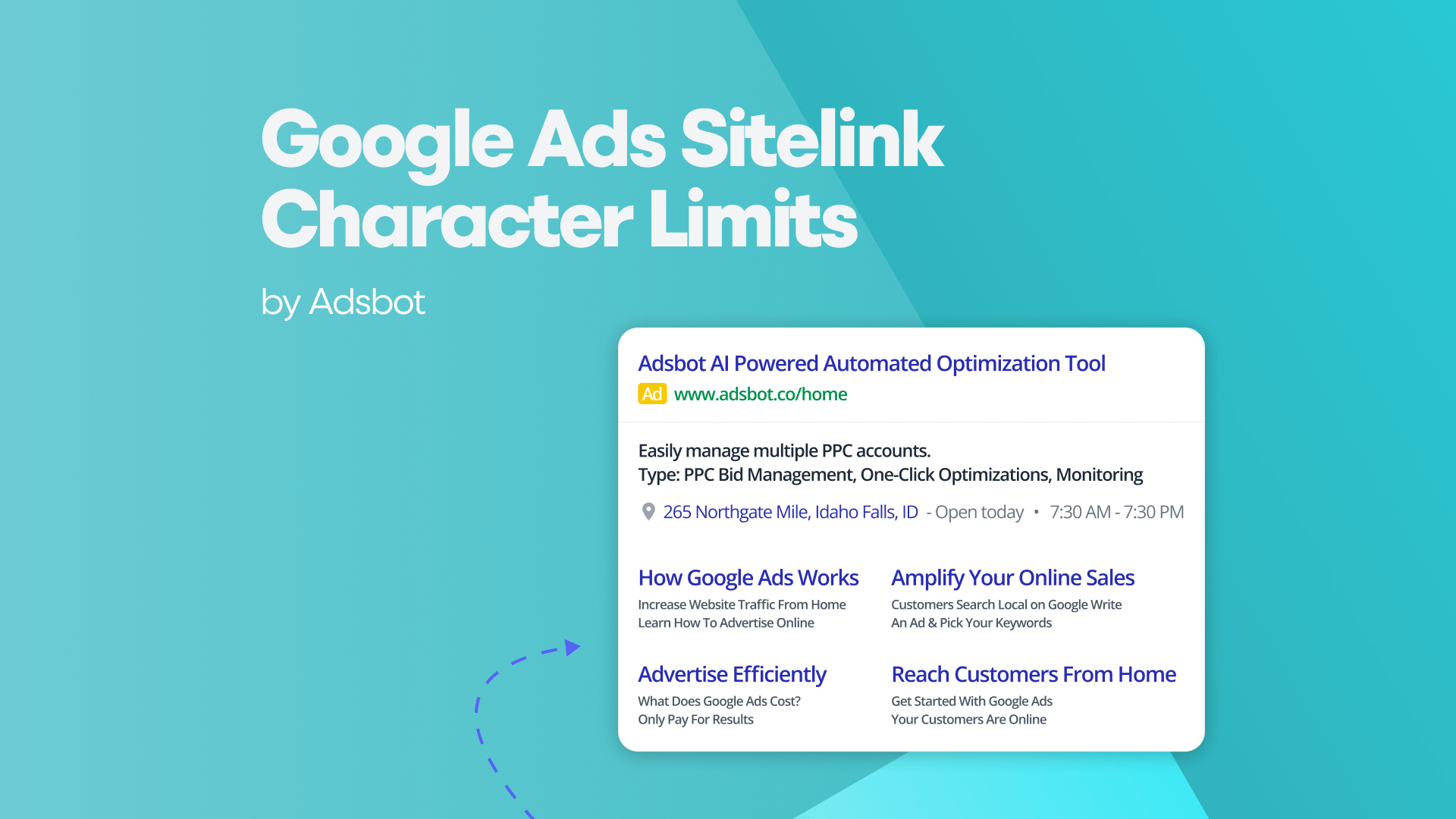If you are an advertiser looking to measure the success of your PPC campaigns and if you are trying to determine how to set goals and track progress, well you have come to the right place! In this blog post, we’ll cover the key performance indicators (KPIs) that are essential for measuring success in PPC marketing.
Introduction to PPC KPIs
PPC KPIs are essential metrics that digital marketers and business owners use to measure the success of their PPC campaigns. They provide insight into how well the campaigns are performing in terms of impressions, clicks, average click–through rate (CTR), cost per click (CPC), conversion rate, return on ad spend (ROAS), and quality score. Monitoring these KPIs regularly allows marketers to optimize their campaigns and improve ad targeting and messaging.
PPC campaigns are important for any business to understand its marketing performance. Key Performance Indicators (KPIs) are the metrics used to measure the performance of these campaigns. In addition to the above KPIs in PPC advertising include also total spent. Total spent provides insight into the cost of your campaign and how much you’re spending overall. By tracking all these KPIs, you can make informed decisions about how to optimize your PPC campaigns such as Google Ads optimization, and ensure they are as successful as possible.
Key PPC KPIs
-
Impressions
Impressions are a key performance indicator (KPI) for any Pay–Per–Click (PPC) campaign. They measure the number of times an advertisement is displayed on the search engine results page or a website. Impressions are important to track because they indicate how often your ad is seen, and the more impressions your ads have, the more likely they are to be clicked on. A high impression share can lead to more clicks and conversions, allowing you to better measure sales lift. Additionally, impressions are also important in measuring quality score, which is an indicator of how relevant your ad is to the searches that trigger it. With a higher quality score, you will be able to lower your cost per click and get better placement in the search results. By conversion trackings such as impressions and other KPIs such as clicks and click–through rate (CTR), you can have PPC optimization and PPC automation on your campaigns for better performance and more successful outcomes.

-
Clicks
Clicks are one of the most important metrics for any PPC campaign. They measure how many times a user has clicked on an ad, which is important in gauging the effectiveness of the ad’s messaging and targeting. As mentioned in the introduction, it’s important to measure impressions, CTR, CPC, conversion rate, ROAS, and quality score to get a full picture of your PPC performance. Clicks are a major indicator of how well your ads are doing in terms of their appeal to your target audience. By conversion tracking such as clicks, you can adjust your ad campaigns accordingly and make sure they reach the right people.
-
Average Click-Through Rate (CTR)
The Average Click-Through Rate (CTR) is a KPI to measure the success of PPC campaigns. It is calculated by dividing the number of clicks an ad receives by the number of times it is viewed, or impressions. Average CTR may vary depending on Google Ads campaign types. For example, generally, Google Ads Search Ads have higher good CTR rate averages than Google Display Network (GDN) ads. By tracking this KPI, you can understand how effective your PPC campaigns are at driving people to your website and engaging with your content. By understanding this metric you can adjust your targeting and messaging to reach your target audience and increase ROAS.

-
Cost per Click (CPC)
Cost Per Click (CPC) is an important PPC KPI for tracking the efficiency of ad spend. CPC allows advertisers to determine how much they are paying for each click on their ads and can be a useful metric for evaluating the success of campaigns. It is important to remember that a low CPC does not necessarily mean a successful campaign, as the quality and relevance of the ad content is also a factor. Advertisers should regularly review and update their PPC KPIs to optimize their ad targeting and messaging. By monitoring CPC in combination with other metrics such as CTR, conversion rate, ROAS, and impression share, advertisers can gain valuable Google Ads insights into how effective their campaigns are and make adjustments accordingly.
-
Conversion Rate
Conversion rate is one of the most important PPC KPIs to monitor. It helps advertisers understand how effective their campaigns are at converting visitors into customers. Understanding the conversion rate of a campaign can help advertisers optimize their ad targeting such as creating custom affinity audiences or adjusting location targeting, to better reach their target audience. Additionally, it can provide insight into the effectiveness of their landing pages, website design, and user experience. By keeping an eye on the conversion rate for your campaigns, you can make sure that you are maximizing your ROAS.
-
Return on Ad Spend (ROAS)
Return on Ad Spend (ROAS) is a vital KPI for PPC campaigns. It can help you measure how much revenue your campaigns are generating from each dollar spent on advertising. ROAS can be calculated by dividing the total revenue generated from an ad by the cost of the ad. Tracking ROAS over time can help you identify areas for improvement in your campaigns, such as increasing impressions or click–through rates, and adjusting your targeting and messaging to maximize your return on investment. ROAS is one of the paid search KPIs of success in PPC campaigns, and it should be monitored closely to optimize performance.
-
Quality Score
Quality score is an important metric for PPC campaigns, and it’s an indication of how relevant your ads are in the eyes of Google. Quality score is a rating that takes into account keyword relevance, landing page experience, and ad content. A higher quality score means that your ads and landing page are more relevant to the user, which can lead to more clicks and conversions. As such, it’s important to regularly review and update your quality score to make sure that your PPC campaigns are as effective as possible. By using other KPIs such as CTR, CPC, and impression share, you can better inform your decisions when it comes to improving your quality score.

Quality score is highly correlated with other metrics and details of campaigns on PPC marketing. For example, if the keywords you create for your ads are within the Google Ads character limits and these keywords are included in the headlines and descriptions, your quality score will increase. In addition, the use of Google Ads ad extensions is also a factor that enriches your ad and increases clicks. Bid adjustments in Google ads, auction insights, and budget determine the advantage over competitors while also affecting our quality score.
-
Impression Share
Impression share is a valuable tool for PPC advertisers, providing an understanding of how often their ads are seen concerning other competitors. It is calculated as the number of impressions received divided by the total eligible impressions. This KPI helps marketers understand how much of that potential market they have access to and can use it to gain insights into competitor activity. Additionally, it can be used to determine if the bids are too low or too high and if there is potential to increase impression share by increasing bids or optimizing ads. As such, impression share should be monitored regularly to evaluate performance and identify opportunities for improvement.
What Are The Most Important KPIs for PPC?
When it comes to measuring performance in PPC campaigns, several KPIs are important to follow in conversion tracking. These paid search KPIs can help you determine the success of your campaigns and make improvements where needed.
The most important KPIs in PPC advertising include impressions, clicks, average CTR, CPC, conversion rate, ROAS, and quality score. Impressions measure how many times your ad is seen and help you understand the reach of your campaign. Clicks measure how many times people are clicking on your ad, and CTR measures the number of clicks divided by the number of impressions. CPC measures how much you’re paying for each click, which is especially important since you’re paying for each one. Conversion rate measures the number of people who completed an action after clicking your ad, such as signing up for a newsletter or downloading an ebook. It is said to be the most important paid search KPI, which measures how many people take an action after seeing your ad. ROAS measures the total income earned from your campaign relative to the amount spent, and quality score measures how relevant and useful your ads are to users. It’s important to review these KPIs regularly to ensure that they remain effective.

However, all important though the most important KPI for PPC is the quality score, as this metric is directly related to the success of the campaign. Quality score is a metric that is indirectly affected by all other metrics. The increase or decrease in other KPI metrics may also be a determinant in the quality score; any improvements in your quality score on Google Ads will also allow us to comment on the metrics. Keeping a close eye on all of these KPIs can help ensure that you’re getting the most out of your PPC campaigns.
How Often Should I Review and Update My PPC KPIs?
It is important to regularly review and update your PPC KPIs to ensure that your campaigns are running as efficiently as possible. This will also help you to spot opportunities for improvement and identify any changes that need to be made. It is recommended that you review your KPIs in PPC advertising weekly, or at least every few weeks from the KPI dashboard. This will allow you to stay on top of any changes in performance and make sure that your campaigns are always running as effectively as possible. Additionally, you should also be reviewing and update your KPIs whenever you make changes to your ads or targeting settings. This will help you to evaluate the impact of the changes and ensure that they are having the desired effect on your campaigns.
Can I Use PPC KPIs To Improve My Ad Targeting and Messaging?
Yes, you can use PPC KPIs to improve your ad targeting and messaging. By conversion tracking the performance of your campaigns, you can gain insight into how well your ads are performing and which demographics are responding better to them. You can then use this data to tailor your message to the relevant audience and optimize your targeting strategy for maximum ROI. Through careful analysis of KPIs such as impressions, clicks, CTR, CPC, and conversion rate, you can identify which ad messages are resonating with your target market and use this information to refine your ad campaigns for even better results. One of the most important conditions for success is to regularly check your campaigns. For this, you can review your campaign performance analysis and benefit by activating advanced notification of the campaign.
Conclusion
In conclusion, PPC KPIs are essential metrics that can help you measure and optimize the performance of your paid advertising campaigns. With the right KPIs in place, you’ll be able to track impressions, clicks, click-through rates, cost per click, conversion rates, quality score, impression share, and return on ad spend. It is important to regularly review and update your KPIs in PPC advertising to ensure that you are targeting the right audience with the right messaging. By using conversion tracking and PPC key performance indicators, you can ensure that your PPC campaigns are running smoothly and efficiently to maximize ROI.
Popular Posts
-
 How Many Keywords Should in an Ad Group in Google Ads?
How Many Keywords Should in an Ad Group in Google Ads?Are you new to Google Ads and trying to figure…
Read more -
 Google Ads Script for Dummies: An Introduction
Google Ads Script for Dummies: An IntroductionImagine you have an e-commerce website that sells licensed superhero…
Read more -
 Google Ads Character Limits
Google Ads Character LimitsGoogle Ads has character limits for various elements of an…
Read more -
 Google Ads Sitelink Character Limits
Google Ads Sitelink Character LimitsAre you looking to maximize your Google Ads campaigns?…
Read more
Register for our Free 14-day Trial now!
No credit card required, cancel anytime.

